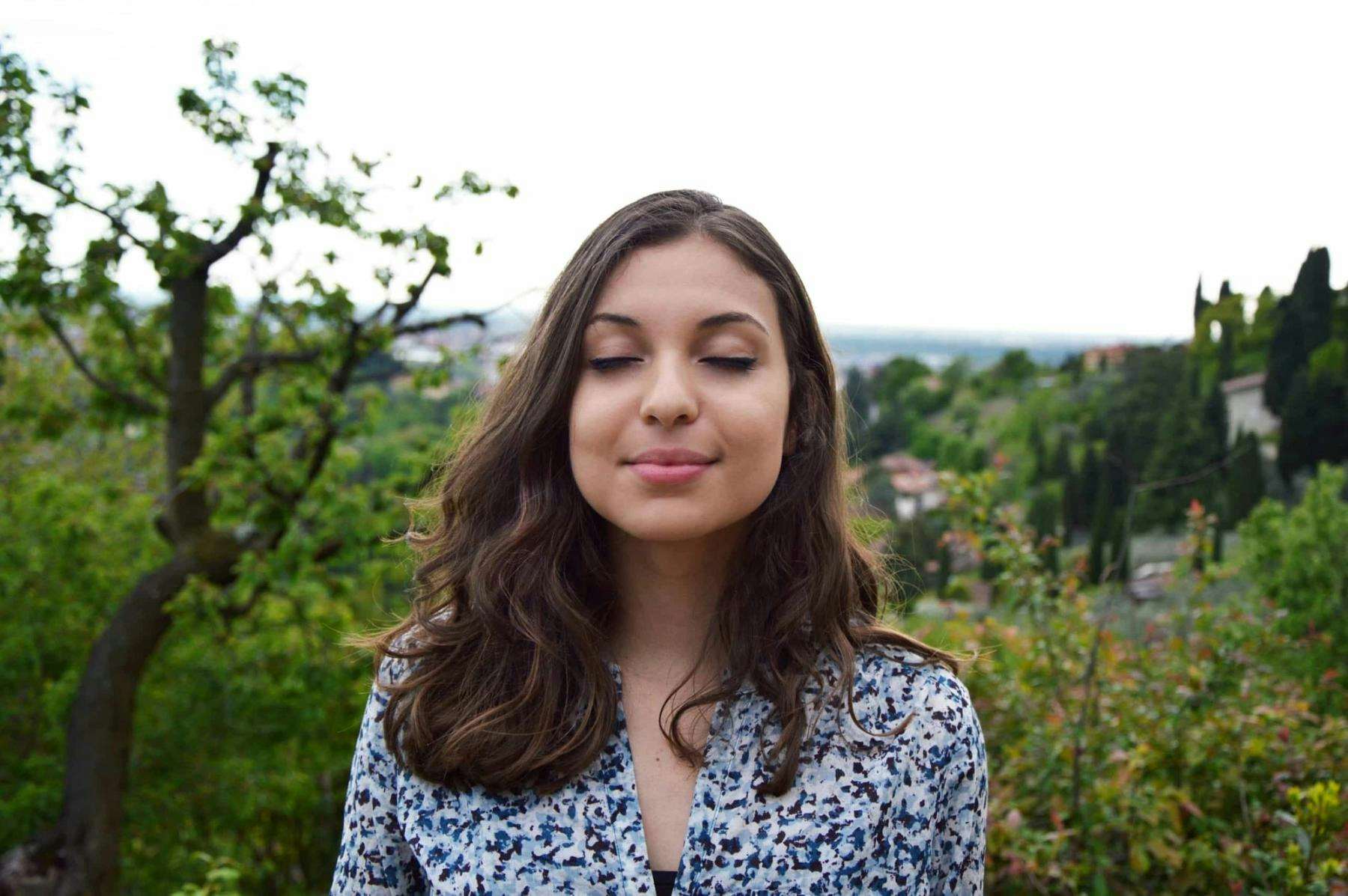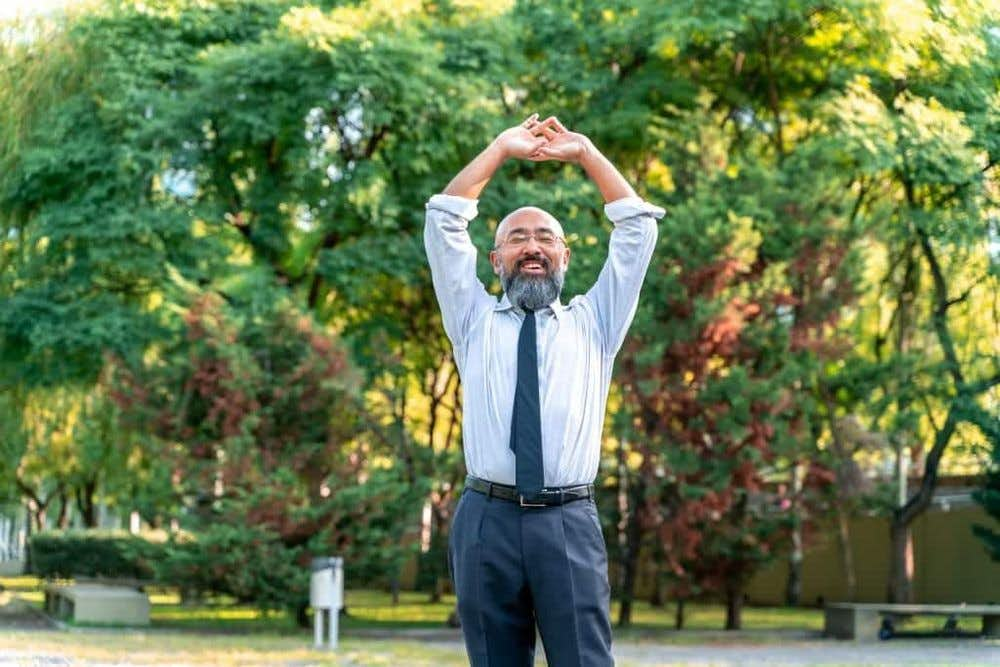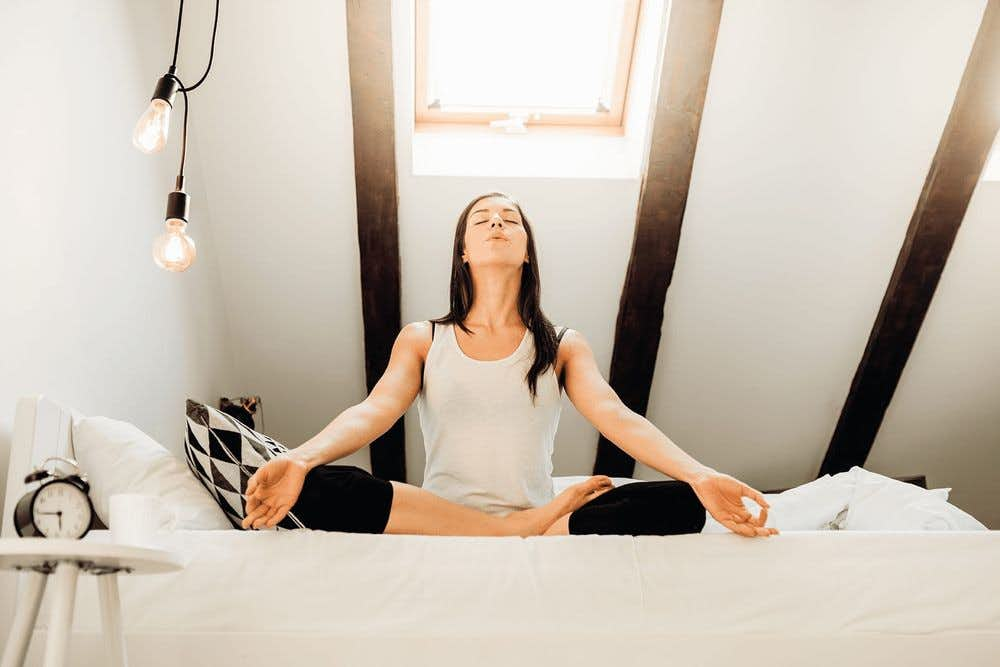September 1st, 2018

“Every breath we take, every step we make, can be filled with peace, joy and serenity - Thich Nhat Hanh
Breathing. Easy, right? We all do it. It’s the very first thing we do when we enter this world and the very last thing we do as we depart. For most, it is something that as humans, we do not think about. It is a natural, innate part of our being. We have learned to go about our daily lives without even thinking about what enables us to do so. We talk, walk, work, and play while breathing, without even consciously thinking about doing it. According to conscioussbreathing.com, “we take about 1,000 breaths each hour, that’s up to 25,000 breaths in a single day. That’s 10-20 kg of air passing in and out of our system each day, which is ten times more than the amount of food we eat. This says a lot of how important our breathing is”.
What if we did think about those inhalations and exhalations? Would that make our breath and flow of oxygen that much more efficient? If so, think about how that could impact our daily lives. Especially, for those of us that may struggle with mental health, conscious and mindful breathing can make a significant difference in our overall wellness and mind space.
Because breathing can be done both consciously and unconsciously as well as voluntary and involuntary, it is no wonder we often times get lost and forget about it. We don’t think about breathing because we are busy navigating our way through the culture in which we exist. Between the demands of our professional and personal lives, it’s easy to forget about breathing. So what is conscious breathing? Simply put, conscious breathing is finding the awareness and control of our breath and therefore making a positive impact and change in both our physical and mental health. According to Dr. Andrew Weil, “Breathing is the bridge between mind and body, the connection between consciousness and unconsciousness, the movement of spirit in matter. Breath is the key to health and wellness, a function we can learn to regulate and develop in order to improve our physical, mental and spiritual well-being”. By tuning into ourselves, and our natural patterns of inhalations and exhalations, we can make vital improvements to our internal and external beings.

Whether you are looking or not looking to make improvements in your life by making changes to your breathing, everyone can benefit. For some people who may be suffering from physical ailments such as high blood pressure, migraines, or chronic pain, taking the time to learn how to consciously breathe can make significant changes. By learning how to effectively oxygenate our body, our internal organs can begin to function more efficiently which can have a direct impact on the way our internal systems operate. For others, breathing can have an incredible impact on mental health. Whether or not you are someone who has been diagnosed with a specific mental issue, most of us who are moving through life with the daily stressors of family, work, finances, grief, etc. can benefit. Giving some time and attention to your breath through conscious breathwork will help to oxygenate the brain and nervous system and can help to calm the mind. If you struggle with anxiety, stress, depression, or any other type of strain, mindful breathwork is sure to assist in making improvements. Just the simple act of deep breathing can help us to think more clearly and understand our worries.
There are different methods regarding mindful conscious breathing. In general, closing your eyes, inhaling deeply, pausing to hold your breath, and exhaling deeply is the overall framework. Different techniques focus on the inhalations and exhalations happening only through the nose. While others suggest the inhalations happen through the nose and exhalations exit through the mouth. There are specific methods that focus on counting the breaths and the holds, which for some might make it easier as it may feel more tangible as the counting directs the focus. Regardless of which technique you follow, stay mindful of what you are doing. Also, do not be afraid to experiment with different methods.

Setting aside time daily to practice is helpful. However, not making a big deal about setting aside the time should make it more accessible. Even spending thirty to sixty seconds to breathe deeply is sufficient, the length does not always matter. It is the effort to do so and the mindfulness of the practice. Try setting aside a bit of time before you get out of bed or as you tuck yourself in at night. When experiencing a specifically stressful period, whether it is a conversation or activity, it can be especially helpful to find a moment either beforehand or during to pause and listen to your breath. Things should calm down. Next time you have a negative or stressful thought enters your mind, try some of those techniques. Rather than focusing on the negative thought, try refocusing your attention on your breath. Consciously choose not to think about the thought and turn to your conscious breathing.
Resources:
At Clarity Clinic, we have highly trained staff who specialize in psychotherapy and psychiatry services. To learn more about how we can support your mental health, call Clarity Clinic on (312) 815-9660 or schedule an appointment today.

Our Services
Virtual/Online CarePHP and IOPAdult PsychiatryChild & Adolescent PsychiatryAdult TherapyChild & Adolescent TherapyCouples CounselingFamily TherapyGroup TherapyPsychological TestingTranscranial Magnetic Stimulation (TMS)Resources
Refer a PatientCareersClinical Training OpportunitiesOur ProvidersFree Mental Health TestsCommonly Prescribed MedicationsLocationsBlogIn The NewsClarity Through CharityClarity for AllQuick Links
Patient PortalFAQsAccepted InsurancesContact us